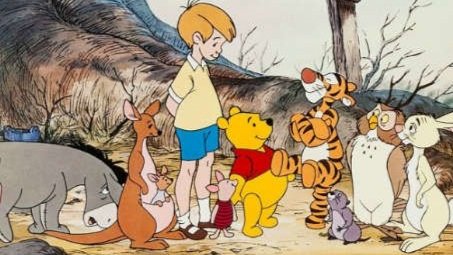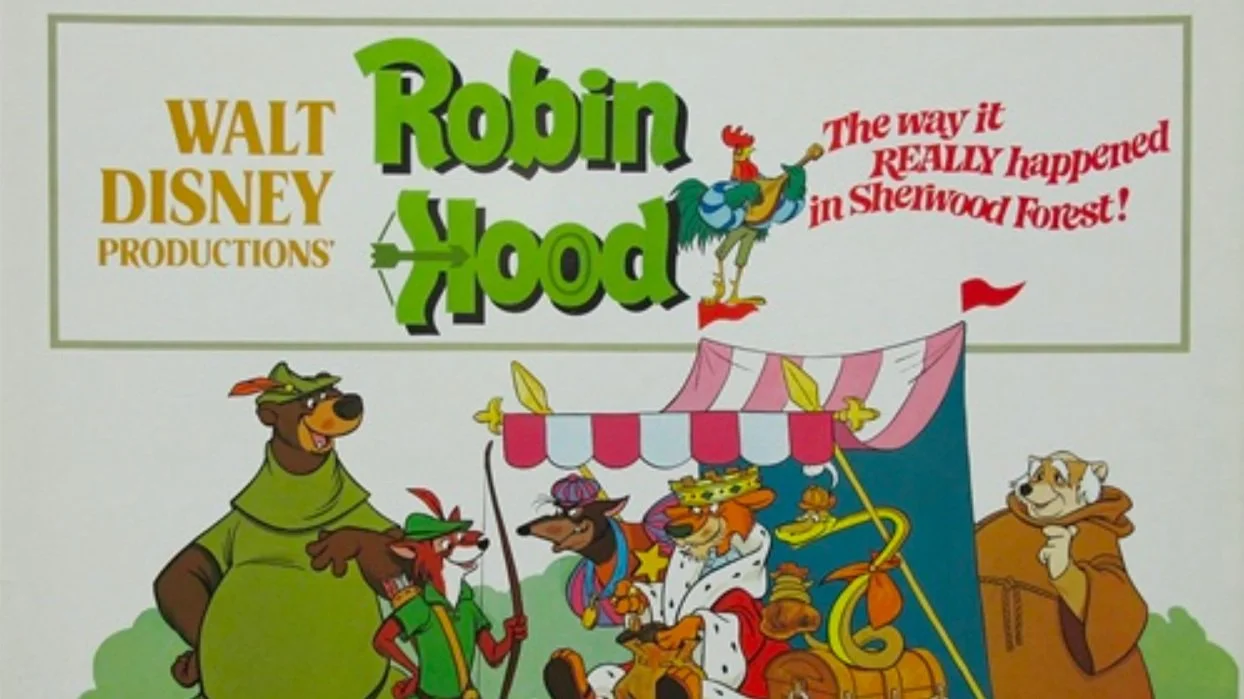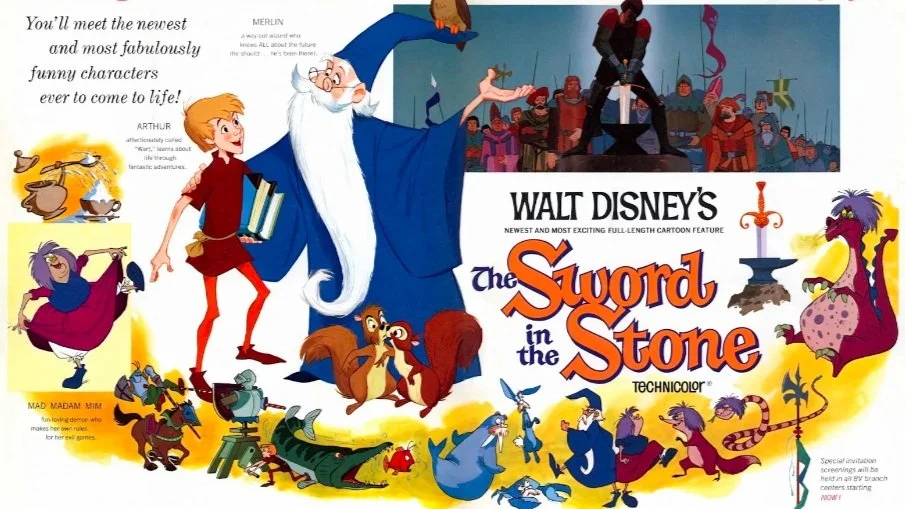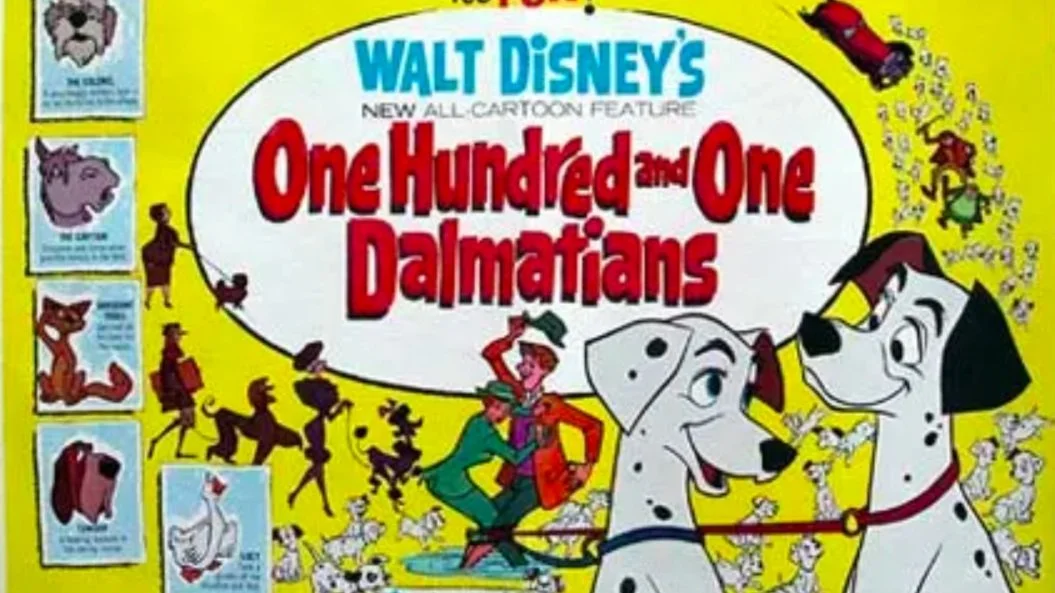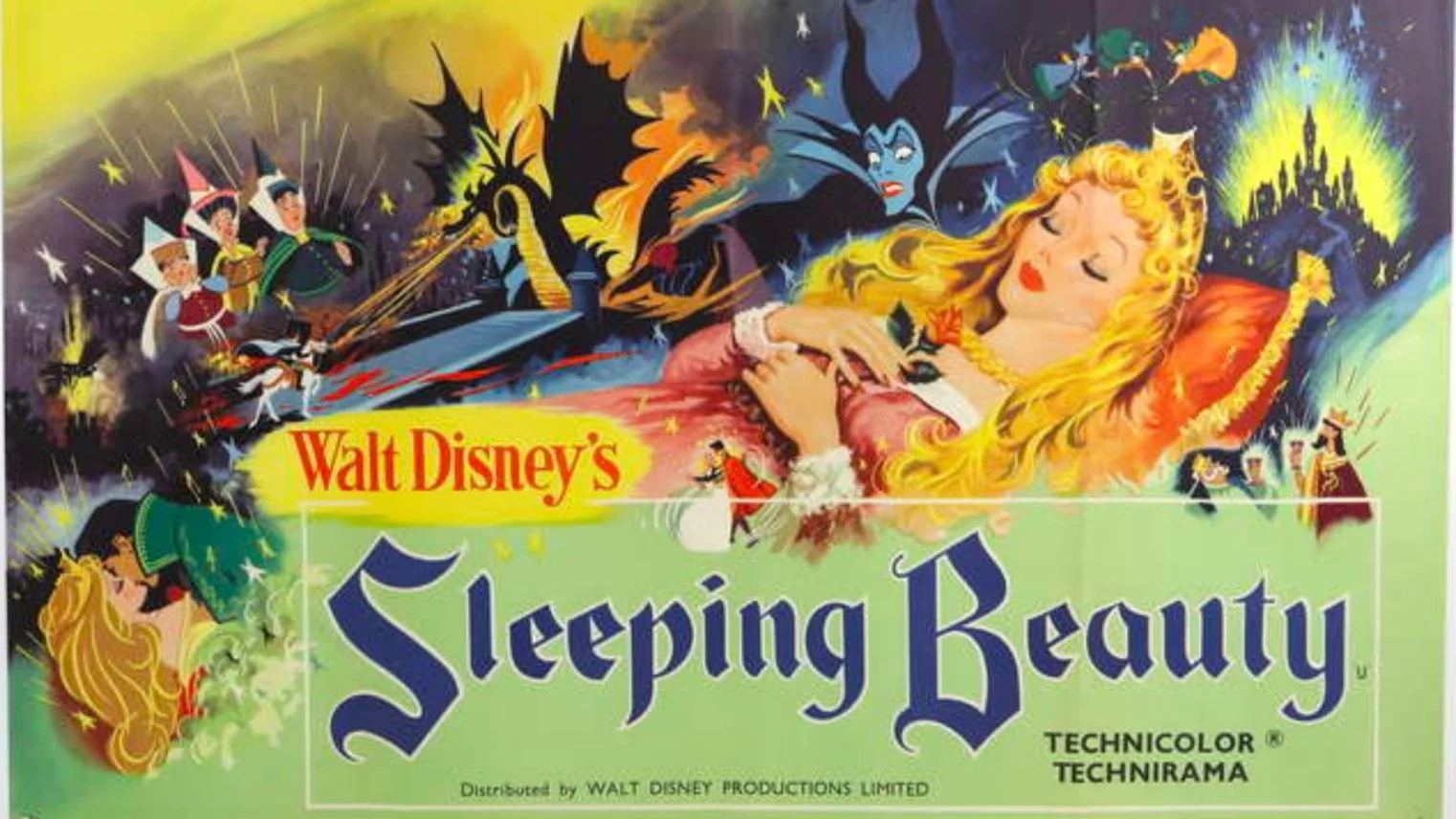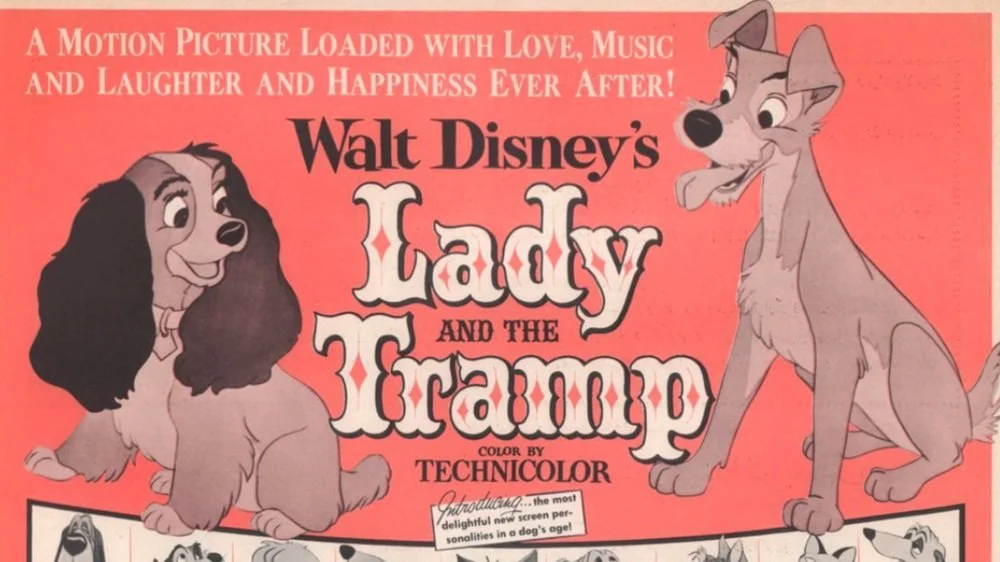Beginner’s Guide to Alfred Hitchcock: The Wrong Man (1956)
Alfred Hitchcock made a cameo appearance in almost every single one of his films. His first cameo was in The Lodger: A Story of the London Fog (1927), and his appearances became regular starting with Rebecca in 1940. His cameos became popular features of his films, and Hitchcock would put them as early as possible to avoid the audience getting distracted by him. Sometimes his cameo would be a non-speaking little gag (Strangers on a Train) or even just a photo in a newspaper (Lifeboat). I don’t like talking about the cameos because they’re mainly fan-service (though I’m sure someone has analyzed where each cameo is placed and what it means). I bring them up now because the cameo in The Wrong Man is perhaps the most interesting one. Hitchcock appears in the beginning of the film, and emphasizes that the film is based on a true story, and that the film will be presented as a true-to-life docudrama.
Henry Fonda stars as Manny Balestrero, a struggling musician in Queens. His wife Rose (Vera Miles) needs to have her wisdom teeth extracted, and the family cannot afford the operation. When Manny attempts to borrow money off Rose’s life insurance policy, he is mistaken for a man who held up the firm twice before. Manny is arrested, and instructed to walk in and out of a liquor store and a deli. Through a bizarre set of circumstances, the evidence confirms that Manny is the robber. This includes Manny making the same spelling mistake that the robber did in his stick-up note. The women at the insurance firm pick Manny out of a line-up, and he is charged for robbery. Considering the title, The Wrong Man, it’s not a spoiler that Manny is indeed innocent.
The Wrong Man is known for being one of Hitchcock’s least stylish works. And that holds up. This film does not contain many of Hitchcock’s signature camera flourishes. There is one scene with Manny behind bars, where the camera darts at Manny to suggest how trapped he is. But overall the movie does operate like a reenactment of a documentary. The Kafkaesque scenario of evidence pointing to the wrong man is presented plainly, even though it seems it seems like nightmare logic. Hitchcock was obviously famous for his “wrong man” thrillers. Most of his films were either fun escapist thrillers or dark mysteries. The Wrong Man takes the premise and places an actual everyman into a very ordinary situation. There’s no secret agent conspiracy or a serial killer on the loose. The film revolves around a mundane robbery in a neighborhood in Queens and a simple mistake is made. The Wrong Man is all the more powerful because, well, it could happen to you.
Henry Fonda is a great actor for this role (and in general of course). He exudes normalcy and has the appearance of someone who has things under control. So to see him with the rug pulled out, with everything going wrong, is quite exciting and scary. Fonda never made another movie with Hitchcock, but it would have been interesting to see him in a more glamorous thriller. Vera Miles gets saddled with a worried wife character, who sinks into a depression during the whole ordeal. Unfortunately, the docudrama vibe of the movie is betrayed by her arc because it feels out of place. This isn’t a studied depiction of depression at all. Hitchcock’s direction of her performance is a little over the top, and doesn’t gel with the rest of the cast.
The Wrong Man is a subdued Hitchcock film. The score is by Bernard Herrmann and it’s a relatively lowkey, non-intrusive score. It’s Herrmann’s third score for the director, and already they had become a perfectly matched pair. The film makes stark use of black and white, and is quite beautiful in its simplicity. The Wrong Man serves as an interesting counterpart to Rope (1948), which is an exercise in experimentation. Both films find Hitchcock testing himself in different ways. I think this movie is fun to watch, especially with Hitchcock’s claims of its veracity. But I don’t really consider it a major film in his career but one that shows his penchant for challenging himself.





